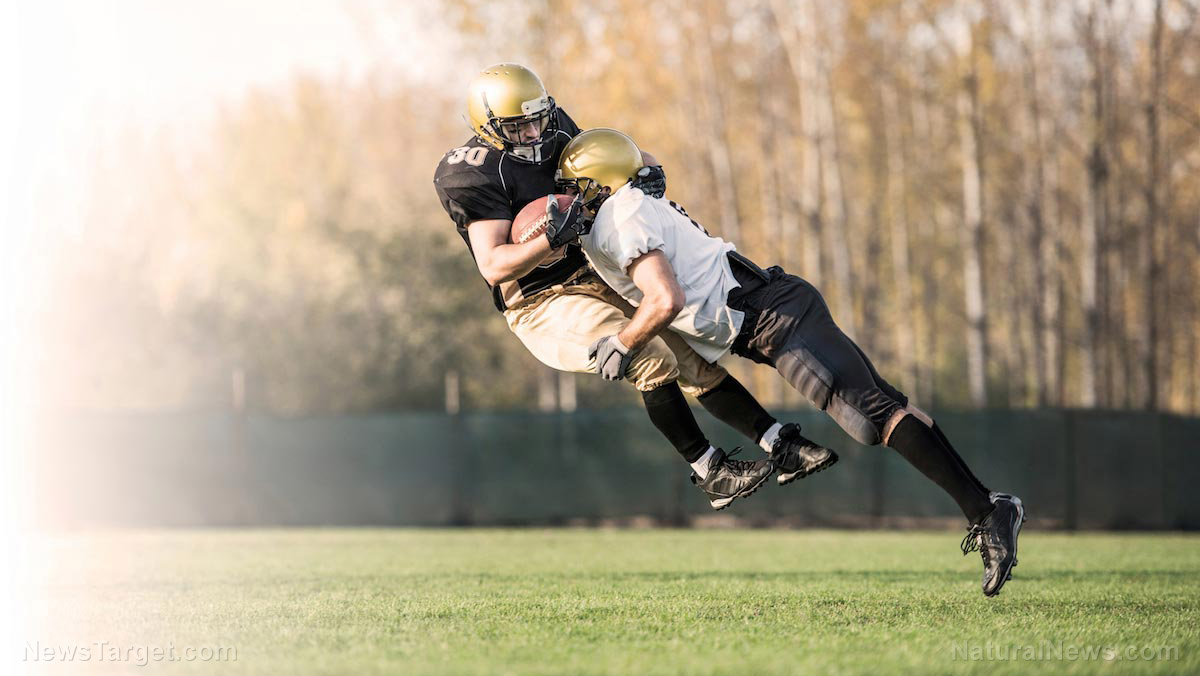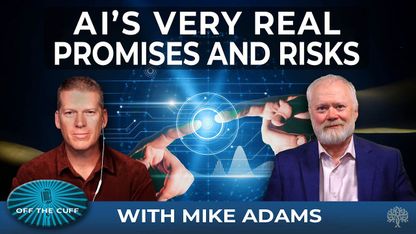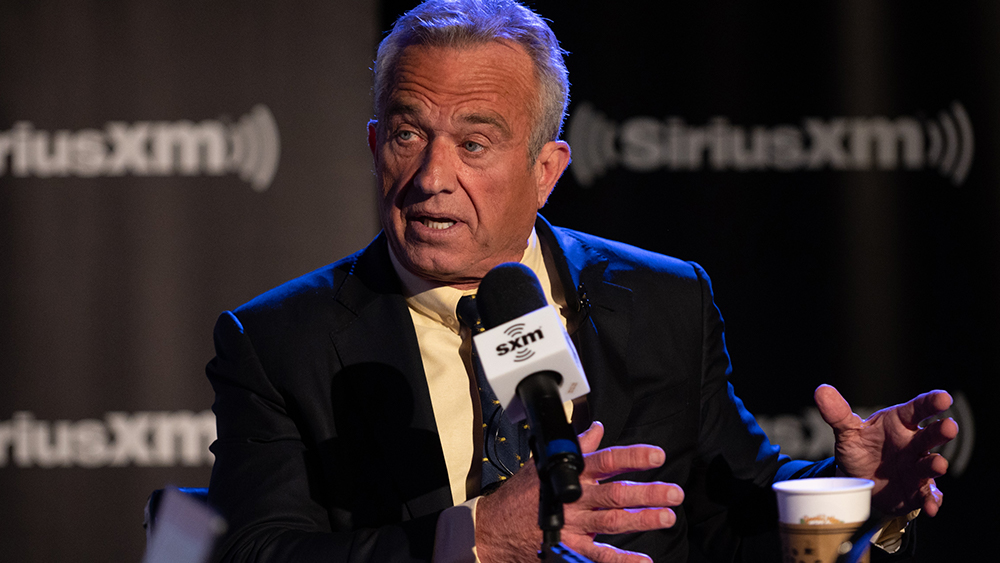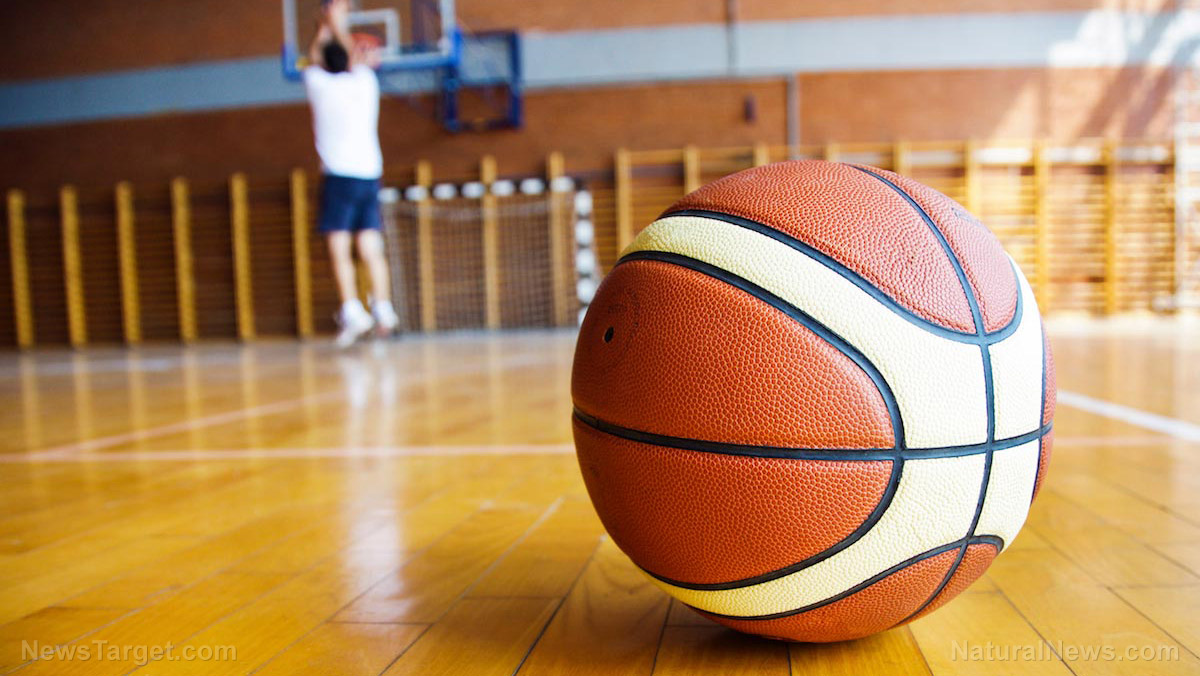
The participants for this particular study were taken from the 2015 National Football League (NFL) Scouting Combine. This is a week-long showcase wherein college football players engage in physical and mental tests before NFL coaches, general, managers, and scouts. The vitamin D levels of 214 athletes were tested, with 32 nanograms per milliliter (ng/mL) or 80 nanomoles per liter (nmol/L) considered as normal. The researchers defined vitamin D levels between 20 to 31 ng/ml or 50 to 77.5 nmol/L as insufficient, and 20 ng/mL or 50 nmol/L as deficient.
In addition, the researchers made note of the participants' ages, races, body mass indices (BMI), sports positions, and injury history. Also included was a Functional Movement Screen (FMS) to assess any physical imbalances among the athletes. A greater FMS score meant a higher risk of injury.
Over 59 percent of the participants were found to have insufficient levels of vitamin D, with 10 percent having a deficiency. Moreover, 50 percent of the athletes had experienced a core muscle injury or lower extremity muscle strain in the past, a phenomenon that's been linked to low vitamin D. In fact, insufficient vitamin D levels were attributed to a 1.86 percent increase in core and lower limb injuries, as well as a 3.61 heightened risk of hamstring injury. (Related: Vitamin D prevents stress fractures in preteen and teenage girls.)
Although there were disparities in vitamin D levels, the researchers noted that they had no effect on the athletes' BMI.
“The majority of the elite level athletes participating at the NFL Combine had inadequate levels of vitamin D. Diminished vitamin D levels in this group were associated with a history of lower extremity pain or core muscle injury, which may potentially have career or performance-based implications if not addressed,” the researchers concluded.
They further added: “Our study revealed that 86 percent of players who missed competition because of strain injury had inadequate levels of vitamin D. This could be related to physiologic changes that occur in muscle composition in deficient states.”
This study adds to an already compelling body of work associating insufficient vitamin D levels with injuries among athletes. One such study, reported NutraIngredients.com, was from 2011, wherein 89 players from the New York Giants were discovered to have fluctuating levels of this essential vitamin. Of those players, only 17 had what is considered normal levels of vitamin D, while 45 had inadequate vitamin D levels. There was a greater number of players who had a vitamin D deficiency; 27 athletes, to be exact. The researchers behind this study reported a connection between unsatisfactory vitamin D levels and the increased likelihood of muscle injury, too.
How to get enough vitamin D
To prevent vitamin D deficiency, simply follow these tips:
- Get some sun: The body produces its own supply of vitamin D once the skin has been exposed to ultraviolet B (UVB) rays. Location, skin tone, age, and environment can all affect the amount of time needed for proper sun exposure, though 10 to 15 minutes once or twice a week is a good place to start. Make sure to wear sunscreen to decrease the chances of skin cancer.
- Eat vitamin D-rich foods: The best natural sources of vitamin D are fatty fish like salmon and tuna, and certain types of mushrooms. Though they contain less vitamin D, eggs, liver, and sardines will do in a pinch.
Go to VitaminD.news to read up on more ways of increasing your levels of vitamin D, or to find out what else this important nutrient can do for you.
Sources include:
Please contact us for more information.






















